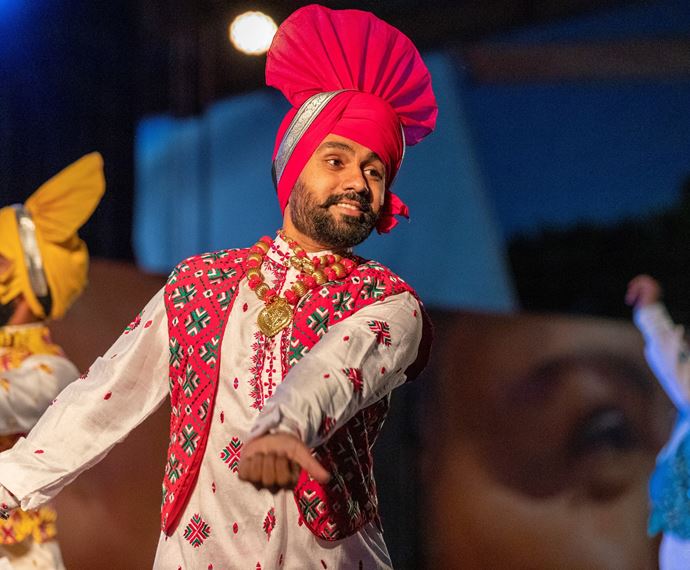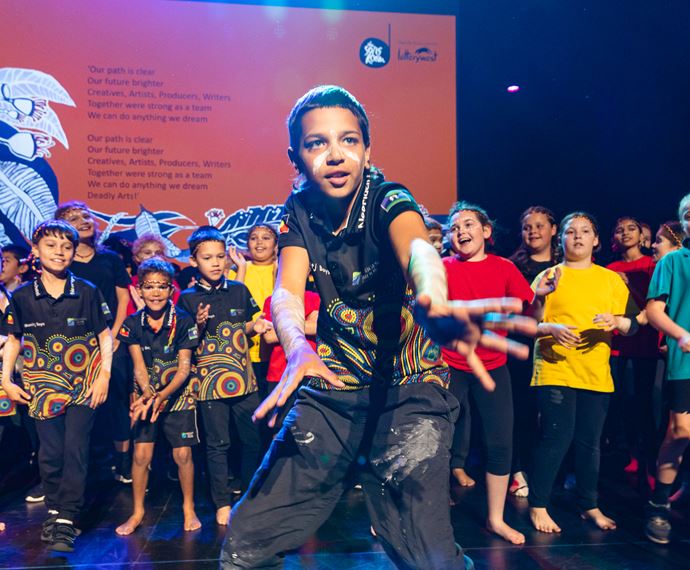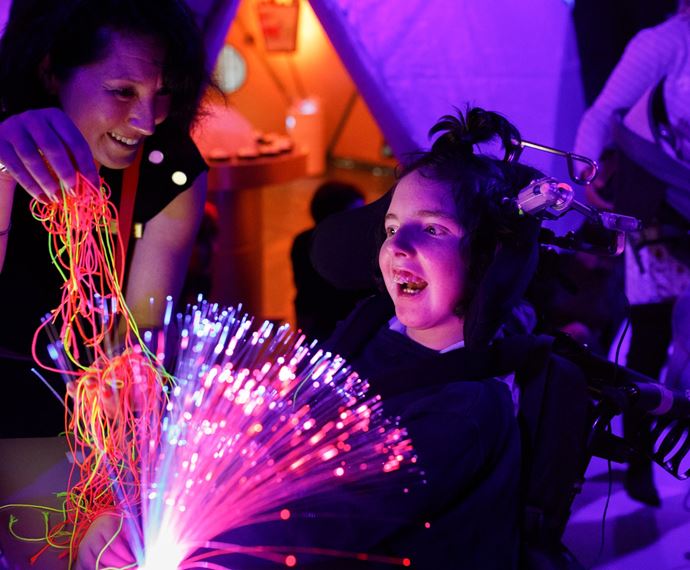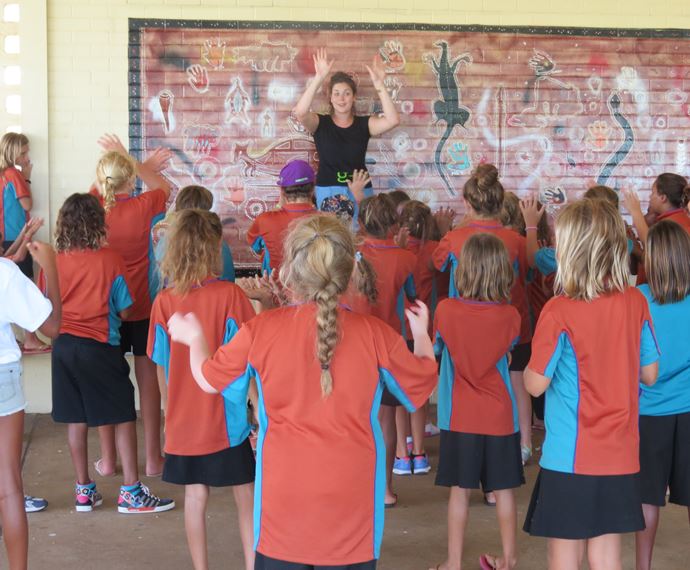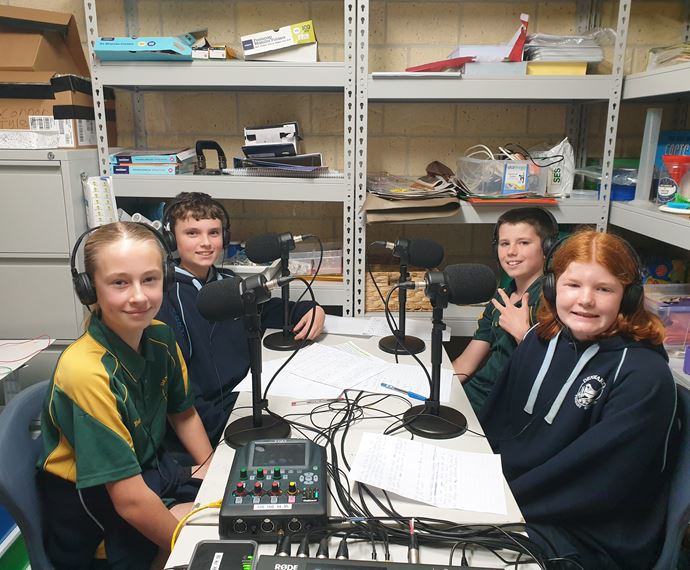Building community through arts projects in Perth
Community Arts Network (CAN) is an arts producer working at the forefront of community arts and cultural development practice. Working with artists skilled in community based practices, CAN creates opportunities for people to determine what stories best express the diversity of experience, aspiration, and imagination that is alive in Western Australians.
In late 2017, CAN received support from Lotterywest towards the 2019 and 2020 delivery of the Story Street and Dream Plan Do projects. These projects aimed to increase participation and engagement in community arts activities in the Cities of Wanneroo, Canning, and Stirling, and provide up-skilling opportunities for culturally and linguistically diverse communities.
Towards multiple community arts projects in the metropolitan area focusing on culturally and linguistically diverse communities.
Community Arts Network Western Australia
11/21/2017
$1,036,060
Lotterywest
$900,000
Perth Metro
People from culturally and linguistically diverse communities, general community
- Creating access for community groups to connect with the arts sector.
- Connecting participants with others from their community.
- Reducing feelings of loneliness, isolation, anxiety and stress through the development of artistic skills.
- Providing networking and job opportunities for community members.
- Building capacity and community amongst underrepresented communities.
- Implementing learnings responsively throughout project delivery ensured participants had the most impactful experience possible.
- Recruiting producers and artists that reflected the communities they were supporting.
- Securing ongoing funding for the program, despite long-lasting positive impact on the communities it engaged with.
- COVID-19 caused delays with project delivery, which resulted in community connections needing to be rebuilt.
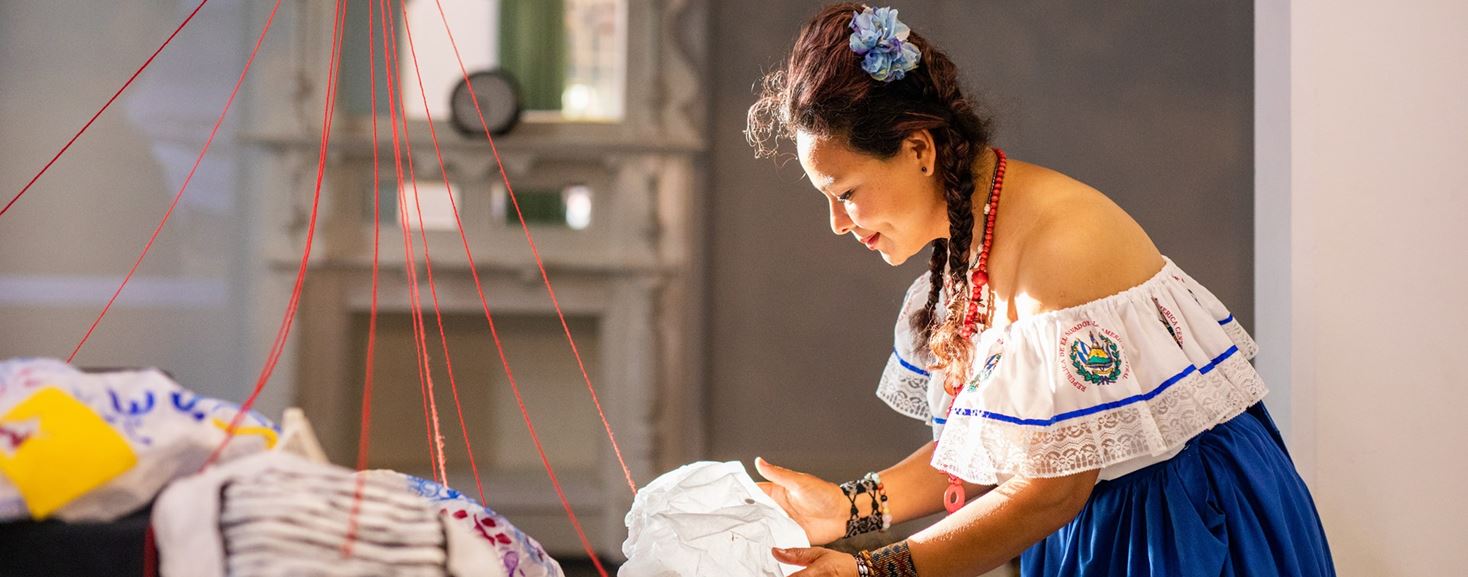
Opportunity
It is well known that participating in arts can contribute to an individual's sense of wellbeing and belonging within their communities. For many, it also provides creative opportunities that may be different to their usual day-to-day activities. However, in Australia, culturally and linguistically diverse individuals are less likely to access mainstream opportunities for participating in the arts due to systemic barriers.
Knowing that art transforms communities, CAN works to build relationships and give voice to stories that create positive social change, and build inclusion and understanding between people including those from diverse backgrounds [1].
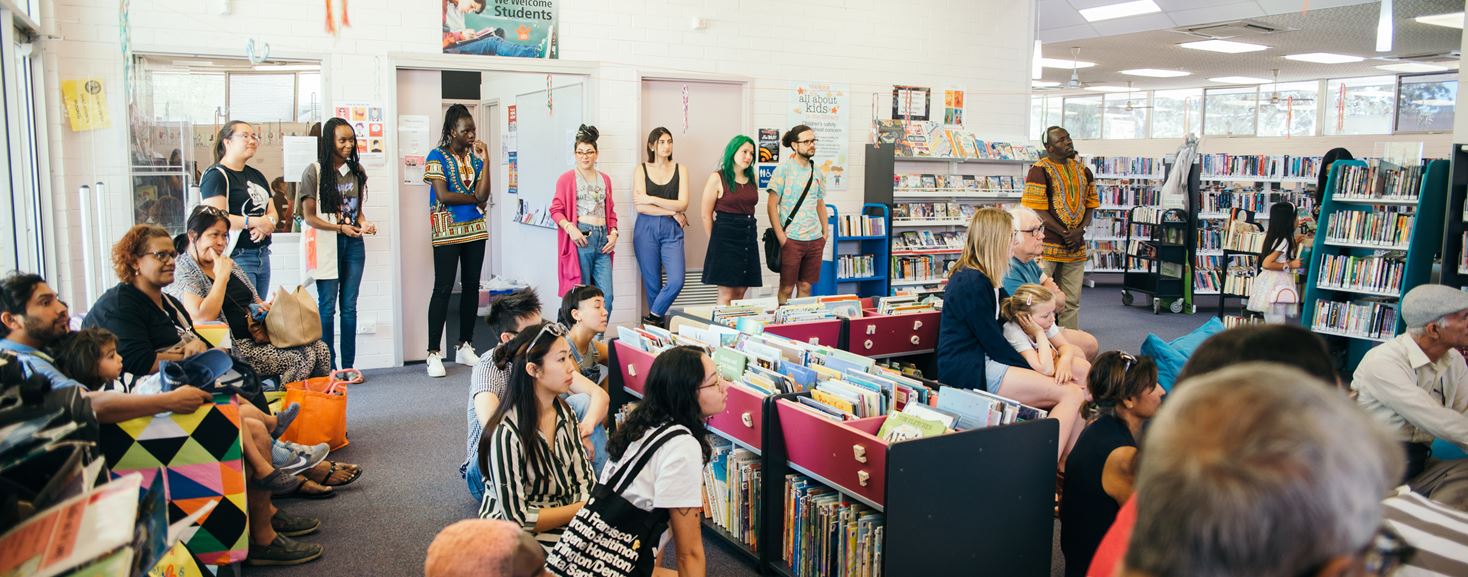
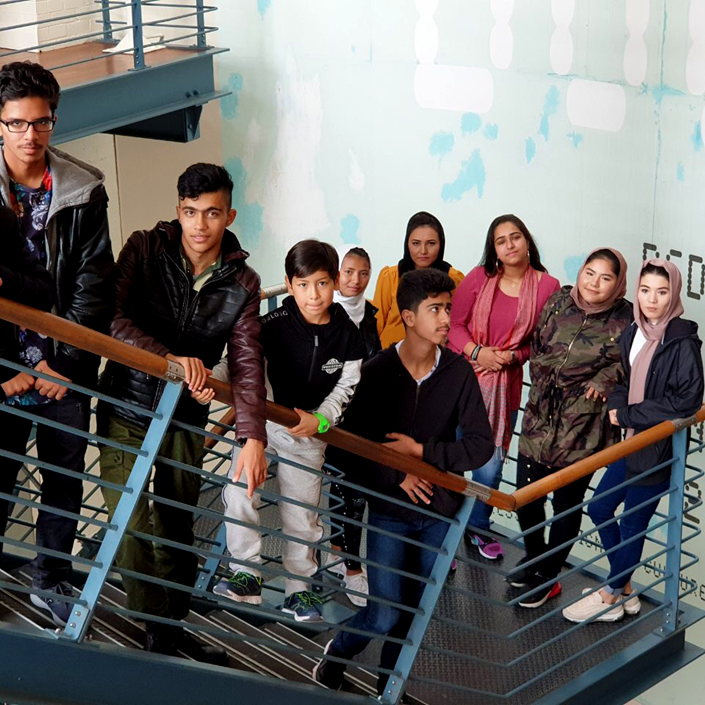
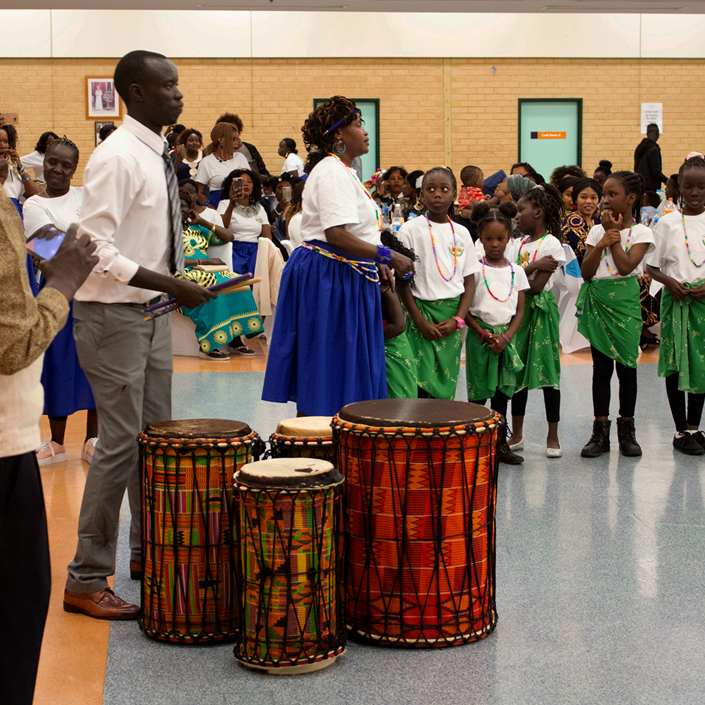
Approach
CAN developed the Dream Plan Do and Story Street programs to overcome some of the barriers experienced by culturally and linguistically diverse communities in arts participation. These programs engaged with a range of community groups, artists, and individuals to develop arts projects which met specific community needs and aspirations. Bringing communities together and encouraging belonging, solidarity and inclusion through creativity were the foundation of both programs.
Lotterywest Dream Plan Do
Dream Plan Do was designed by CAN as a mentoring and capacity-building program, to be delivered across the Perth metropolitan area. Through the project, a cohort of community groups would have access to funding, receive tailored support for creating community art initiatives, and develop project management skills. Participating groups were paired with professional arts workers who walked alongside them, helping groups to plan, develop and deliver projects.
Lotterywest Story Street
Through Story Street, CAN developed a series of community art projects that sought to provide safe spaces for underrepresented communities to share stories, express identity and build community connections. Intentionally diverse in nature, Story Street projects aimed to encourage intercultural engagement, participation and understanding of culture. The Story Street project was to be delivered over two years within outer metropolitan Perth.
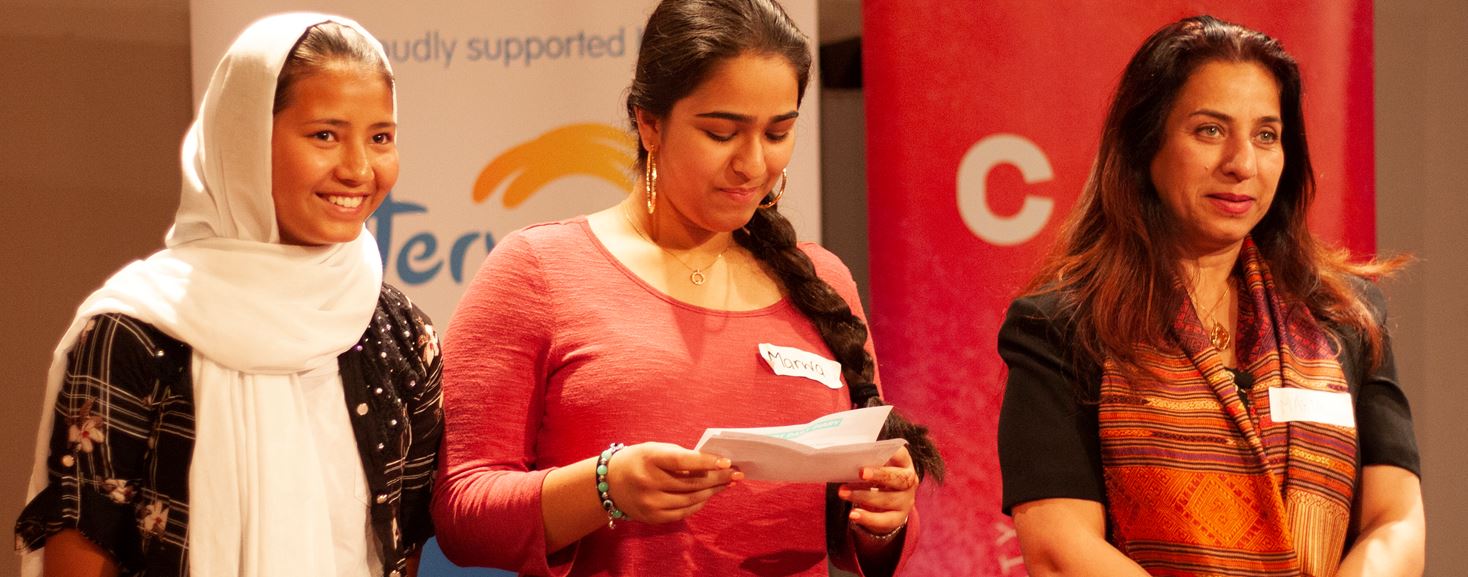
Impacts and outcomes
Participation across both Story Street and Dream Plan Do in 2019 and 2020 included:
186


Community workshops.
1,271


Individuals participating in workshops.
3,837


Audience members attending events.
Lotterywest Dream Plan Do
With many recently established cultural groups participating in Dream Plan Do, the program created access for these groups to connect with the arts sector for the first time. It provided networking and job opportunities for community members, with catering and photography opportunities secured by culturally and linguistically diverse individuals.
Individuals and groups within the program connected with other arts networks and organisations, resulting in greater exposure for their work and laying the foundation for future opportunities for the groups.
A broad range of outcomes were achieved through the activities delivered by participating Dream Plan Do cultural groups. These included:
- Preserving Palestinian arts, crafts, and folklore traditions in the diaspora community.
- Older women in culturally and linguistically diverse communities feeling valued as they shared cultural knowledge with young people.
- Young people being able to voice their struggles and share those with peers.
- Participants feeling less lonely, anxious, and stressed as a result of developing artistic skills, building their Latinx networks, and reconnecting with their culture.
- Participants growing in confidence as they developed multimedia skills and overcame challenges.
- Equatorian women building a stronger sense of identity and purpose in their community.
- Contributing to healing for loss of identity in relation to heritage and upbringing.
“I felt more connected to my heritage and felt like I could bring my technical and professional practice into this project and community. I saw the positive impacts this project had on my family and the connections within it.”
Jason, participant in Second Generation
Lotterywest Story Street
In 2019, 28 Story Street events were delivered across the Cities of Wanneroo, Canning, and Stirling. The 2020 program was streamlined, with three projects delivering 33 community workshops over several weeks. This focused approach enabled CAN and participating groups to centre the needs of specific communities, enhance the sense of cultural safety, and improve the creative outcomes for participants.
The Story Street program successfully developed a welcoming and culturally safe environment for participants. This was key to ensure they were able to express themselves, and share authentic, personal narratives of life, loss, grief, and joy.
“I was less stressed because I was always happy and smiling. I think sharing my story and talking about the process really helped me a lot. It was good to share…We all made a lot of friends, and we always had a really good time. All of the facilitators were incredibly warm and kind.”
Abraham, Man On! participant
A key outcome of the project was participants connecting with others from their community – forming new networks and realising there were others in Perth with similar life experiences and cultural backgrounds. These connections helped to reduce feelings of isolation and increase the sense of connection participants had with their communities. Additionally, participants frequently reported an improvement in their mental health and wellbeing.
“I have found a community of black women that understand me and I have less stress. It really has helped my mental health to tell another woman my experiences without any judgement.”
Noel, participant
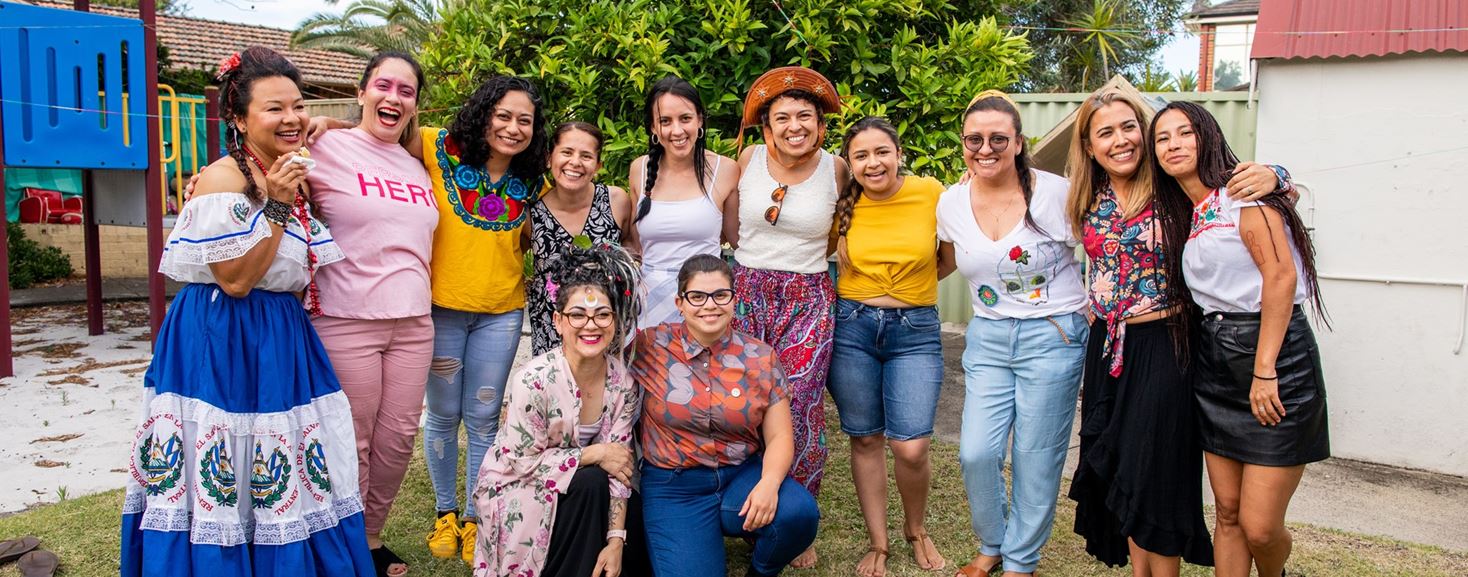
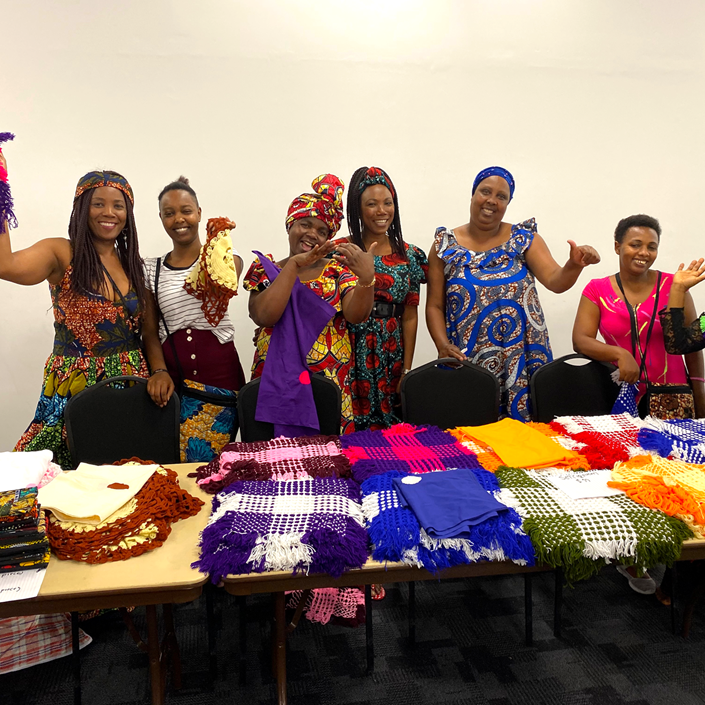

What worked
Implementing learnings throughout delivery
Following delivery of Dream Plan Do in 2019, CAN further refined the capacity-building model based on their learnings. Being able to reflect and implement improvements throughout project delivery ensured participating groups were able to have the most impactful experience possible.
Leading with representation
CAN recruited producers and artists that reflected the communities they would be supporting. This allowed the projects to have essential insight into the needs of that community and the project could adapt accordingly.
Key challenges
COVID-19
This project was impacted by COVID-19 and CAN was forced to press pause on the project for more than 6 months. This meant the momentum and community connections that had been so carefully developed needed to be rebuilt.
Project sustainability
The success of this project has had long-lasting positive impact on the communities it engaged with. Even considering this impact, CAN has been unable to secure ongoing funding to continue the program for more communities in the state. For CAN, this is a key example of the increasing challenges the organisation faces in advocating for the benefits of community arts and the need for communities to have an opportunity to tell their story, their way.
This case study was developed based on the Community Arts Network's Final Report. Read the report for additional information on program participants, impacts and outcomes.
IMAGE CREDITS
Image one: Teatro Latinx - Story Street // Credit Danica Zuks
Image two: Own Voices Storytelling Festival - Story Street // Credit Tasha Faye
Image three: Afghan Young Leaders - Dream Plan Do // Credit Jane Chambers
Image four: Pojulu Community Association in WA - Dream Plan Do // Credit Maya-Rose Chauhan
Image five: Afghan Young Leaders - Dream Plan Do // Credit Jane Chambers
Image six: Teatro Latinx - Story Street // Credit Danica Zuks
Image seven: Congolese TWA Community WA - Dream Plan Do // Credit Ashley Yihsin Chang
Image eight: Filipino Please - Story Street // Credit Tasha Faye
REFERENCES
- Community Arts Network, About CAN [cited 22 September 2023]; Available from About | CAN - Community Arts Network
Learn about wellbeing
Understand how your community is going to help you to better target and plan your project.
Ready to plan your project?
Understand your vision, plan your impact and report on the outcomes of your project with three easy interactive tools in the Community Impact Planner.
Acknowledgement of Country
The Western Australian Community Impact Hub acknowledges and pays respect to the Traditional Owners of the land on which we are based, the Whadjuk people of the Noongar Nation and extends that respect to all the Traditional Owners and Elders of this country. We recognise the significant importance of their cultural heritage, values and beliefs and how these contribute to the positive health and wellbeing of the whole community.
